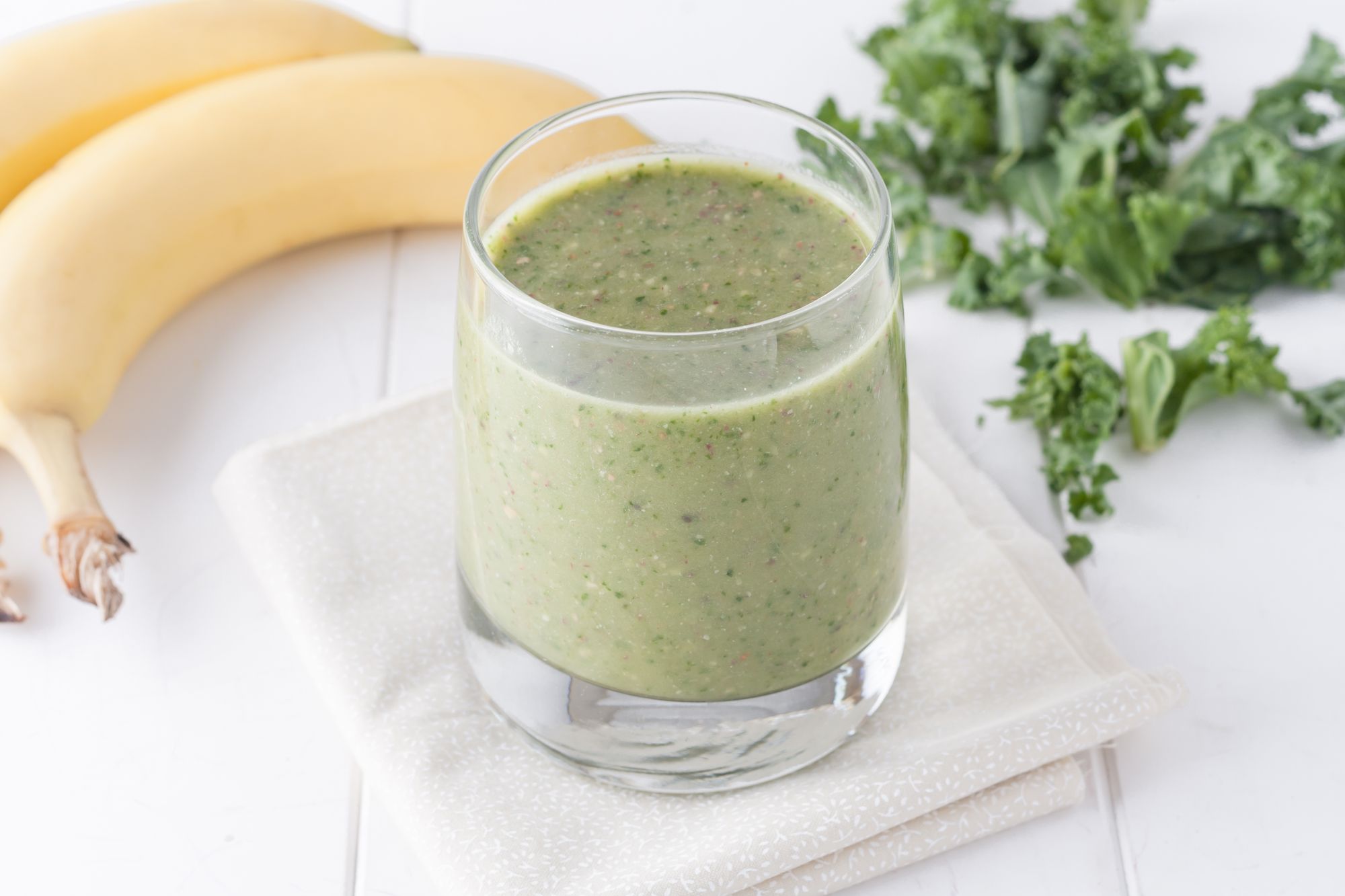Smoothies have gained popularity as a convenient and nutritious beverage option. Packed with a plethora of delicious and healthy ingredients, they offer a quick on-the-go solution or a refreshing desk-side companion. While smoothies can undoubtedly contribute to your dietary goals and overall well-being, it's essential to be aware of the pitfalls that can lead to weight gain.
On one hand, a carefully crafted smoothie can be a fantastic way to meet your protein, fiber, and vitamin requirements while keeping your calorie, fat, and added sugar intake in check. However, neglecting to pay attention to the ingredients you use can quickly turn a seemingly healthy choice into a weight gain culprit. In this article, we'll explore the insights shared by dietitians regarding the potential weight gain effects of smoothies and provide you with valuable tips to create healthier versions.
Insufficient Protein Content:

Protein plays a vital role in building and repairing tissues, supporting muscle growth, and promoting satiety. When it comes to smoothies, protein becomes particularly important as it can help balance blood sugar levels and curb cravings. Trista Best, MPH, RD, LD, emphasizes that inadequate protein in a smoothie can lead to increased hunger and subsequent overeating. Research suggests that a low-protein breakfast may result in individuals compensating by consuming more food later in the day, ultimately leading to excess calorie consumption and weight gain. To ensure sufficient protein in your smoothie, consider incorporating ingredients such as Greek yogurt, cottage cheese, tofu, nut butters, seeds (such as chia or hemp), or protein powder.
2) Neglecting Fiber:

Fiber is an essential component of a healthy diet, aiding in digestion, promoting gut health, and contributing to satiety. Unfortunately, many smoothie recipes lack sufficient fiber content, particularly if they rely solely on fruit juice or lack whole fruits and vegetables. Mary Sabat, MS, RDN, LD, emphasizes that the absence of fiber-rich ingredients in a smoothie can lead to reduced satisfaction and increased hunger, potentially resulting in overeating and weight gain. To enhance the fiber content of your smoothie, include whole fruits, vegetables, leafy greens, or fiber-rich additions like flaxseeds, chia seeds, or oats. These additions will not only contribute to the overall nutritional value but also help regulate blood sugar levels and promote a feeling of fullness.
3) Excessive Use of Added Sweeteners:

Many people turn to added sweeteners, such as honey, maple syrup, or agave nectar, to enhance the taste of their smoothies. While these natural sweeteners may seem healthier than refined sugar, they still contain calories and can contribute to weight gain if used excessively. Lisa Young, PhD, RDN, suggests relying on the natural sweetness of fruits or using a small number of dates to sweeten your smoothie instead. This approach reduces the overall sugar content while still providing a pleasant taste. It's important to be mindful of the quantity of added sweeteners to prevent excess calorie intake and potential weight gain.
4) Overindulgence in High-Calorie Ingredients:

Smoothies often incorporate ingredients such as full-fat yogurt, nut butters, nuts, and avocado, which offer numerous health benefits such as protein, healthy fats, and essential nutrients. However, it's crucial to exercise portion control and be mindful of overall calorie intake. While these ingredients contribute to the nutritional value of your smoothie, consuming excessive amounts can significantly increase calorie content, potentially leading to weight gain. To strike a balance, consider measuring your portions and opt for lower-calorie alternatives, such as using a smaller amount of nut butter or choosing low-fat yogurt options. Balancing the inclusion of high-calorie ingredients with a variety of lower-calorie options like leafy greens, fruits, and vegetables can help create a more weight-conscious smoothie.
5) Reliance on Store-Bought Smoothies:

Store-bought, pre-made smoothies may seem convenient, but they often contain added sugars, preservatives, and artificial ingredients. These additives can significantly increase calorie content and contribute to weight gain when consumed regularly. It's important to read labels carefully and be aware of the sugar and nutrient content of pre-packaged smoothies. Opting for homemade smoothies allows you to have full control over the ingredients, enabling you to make healthier choices and tailor the smoothie to your specific dietary needs and preferences.

